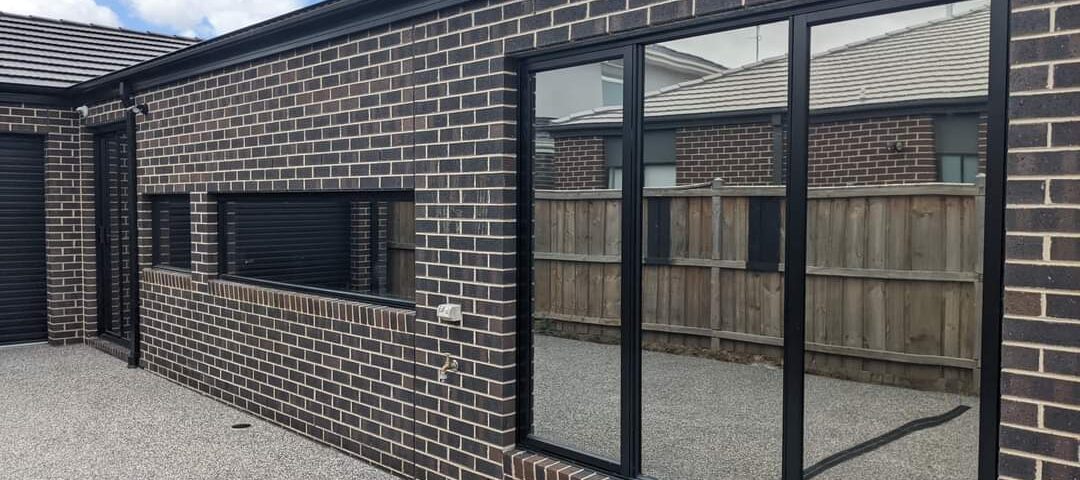
The Benefits of Automotive Window Tinting
March 15, 2025
Car Window Tinting: A Comprehensive Guide
March 16, 2025Window Tint
Window films are more than just a stylish addition to vehicles and buildings—they serve as a critical barrier against harmful ultraviolet (UV) radiation. Understanding the science behind UV protection in window films helps consumers make informed decisions about safeguarding their health, interiors, and energy efficiency.

- Understanding UV Radiation
UV radiation is a form of electromagnetic energy emitted by the sun. It is classified into three types:
- UVA Rays: Penetrate deep into the skin and contribute to aging and skin cancer.
- UVB Rays: Cause sunburn and play a major role in the development of skin cancer.
- UVC Rays: Completely absorbed by the Earth’s atmosphere and do not reach the surface.
Overexposure to UVA and UVB rays can lead to skin damage, premature aging, and interior fading. High-quality window films are designed to mitigate these effects.
- How Window Films Block UV Rays
Window films incorporate advanced materials and coatings to absorb or reflect UV radiation. The core mechanisms behind their effectiveness include:
- Metallic Layers: Some films use microscopic metal particles to reflect UV radiation away from the glass.
- Ceramic Technology: Non-metallic ceramic particles are highly effective at blocking UV rays without interfering with visibility or electronic signals.
- UV-Blocking Polymers: Specialized polymers are embedded in the film to absorb and dissipate UV radiation, preventing it from passing through the glass.
Premium window films can block up to 99% of harmful UV rays, significantly reducing exposure.
- Health Benefits of UV Protection
Consistent exposure to UV rays is a leading cause of skin damage and skin cancer. By installing UV-protective window films, individuals can reduce:
- The risk of melanoma and other skin cancers.
- Premature skin aging, such as wrinkles and sunspots.
- Eye strain and the risk of cataracts caused by prolonged UV exposure.
- Protecting Vehicle and Home Interiors
UV rays do not only harm human skin—they also deteriorate furniture, upholstery, and dashboards over time. Prolonged sun exposure can cause fading, cracking, and material degradation. Window films act as a shield to maintain the longevity and aesthetic appeal of interior surfaces.
- Energy Efficiency and Temperature Control
Blocking UV rays also helps regulate indoor temperatures by reducing solar heat gain. This means:
- Lower reliance on air conditioning, leading to reduced energy costs.
- A more comfortable driving and living environment, especially in hot climates.
- Enhanced energy efficiency, making buildings and vehicles more eco-friendly.
- Choosing the Right UV-Protective Window Film
Not all window films offer the same level of UV protection. When selecting a film, consider:
- The UV rejection percentage (higher is better).
- The type of film technology (ceramic, dyed, or metallic films).
- Compliance with local tinting laws and regulations.
Investing in UV-protective window films is a smart decision for both health and property protection. With advancements in technology, modern films provide effective UV blocking while maintaining visibility and style. Whether for automotive, residential, or commercial use, high-quality window films deliver long-term benefits in comfort, safety, and efficiency.
For professional installation and expert guidance, consult a trusted provider to find the best UV-blocking window film solution for your needs.

